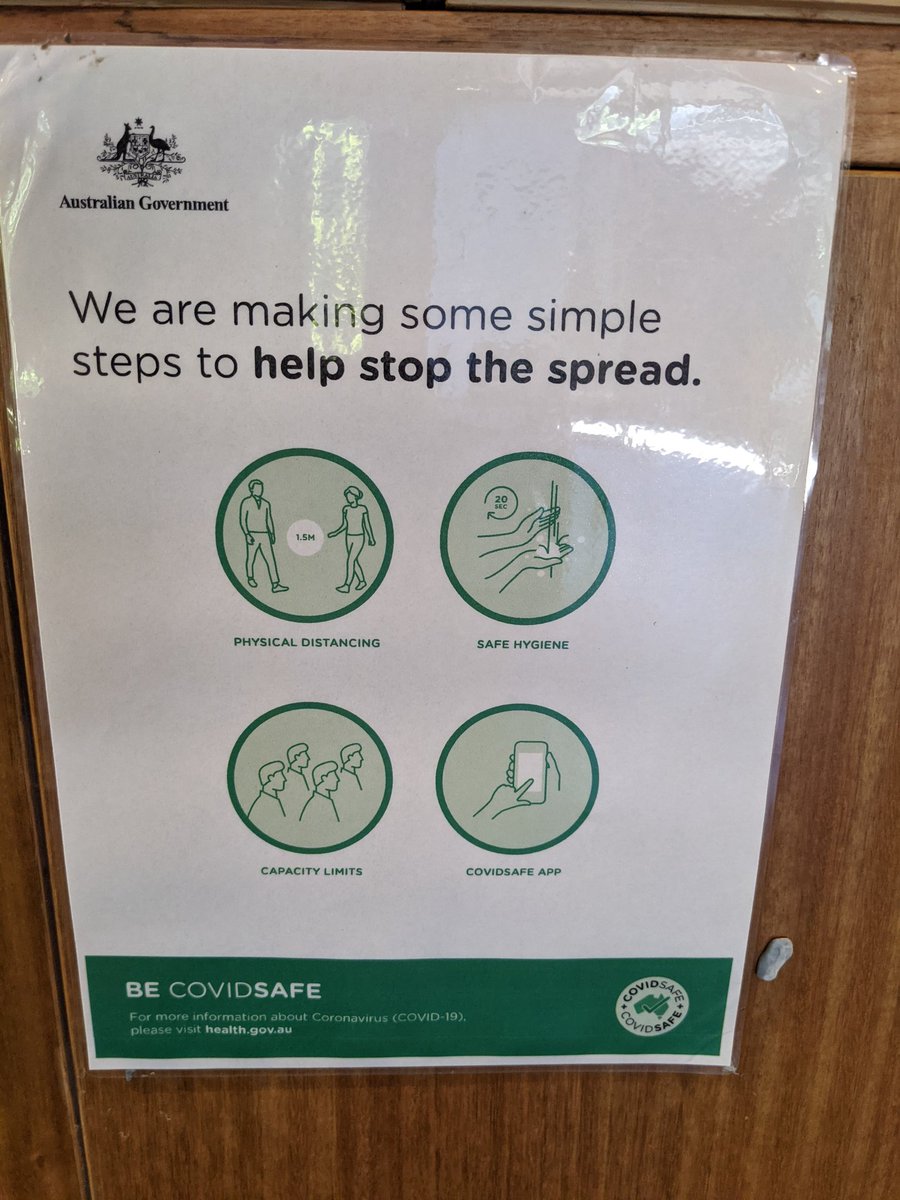
Algorithmic mechanism design (eg ad tech auctions such as Google, multi-sided platforms such as Uber) contains an inherent contradiction:
- theory of preserving autonomy & rationality of participants
- reality of opaquely generating & exploiting information asymmetries
@jakusg 1/
- theory of preserving autonomy & rationality of participants
- reality of opaquely generating & exploiting information asymmetries
@jakusg 1/
The point of an auction is to incentivize truthful disclosures of preference & valuation; by contrast, Google, acting as an auction platform & multi-sided mechanism designer, is effectively profiling market actors so that it can extract more surplus for itself. 2/ 

In privately controlled & highly automated digital platforms, algorithmic market-like mechanisms simulate how a market might behave without necessarily including any of the features necessary to constitute a market, such as freedom to deal or knowable information rules. 3/ 

Instead of a commitment to individual autonomy, human rationality becomes a variable to be tuned as algorithmic mechanism designers search for desirable patterns of actions & rewards. 4/ 

Multi-sided platforms are not neutral intermediaries. Arguably, they are not even really markets. Instead, they are tools of world building: their designs & optimization strategies channel power, structure forms of decision making, and encode economic & legal relationships. 5/ 

Google's adtech auction mechanism ultimately bids up their own share
Uber uses theory of driver autonomy to push workers further away from capital
Ultimate contradiction: superlative information gathering of the market ends up looking more like a control structure @jakusg 6/
Uber uses theory of driver autonomy to push workers further away from capital
Ultimate contradiction: superlative information gathering of the market ends up looking more like a control structure @jakusg 6/
The above notes & quotes are from @jakusg #NeurIPS2021 talk at the Political Economy of Reinforcement Learning workshop and from his paper with @salome_viljoen_ @LJamesMcGuigan "Design choices: Mechanism design and platform capitalism" 7/
journals.sagepub.com/doi/full/10.11…
journals.sagepub.com/doi/full/10.11…
• • •
Missing some Tweet in this thread? You can try to
force a refresh














